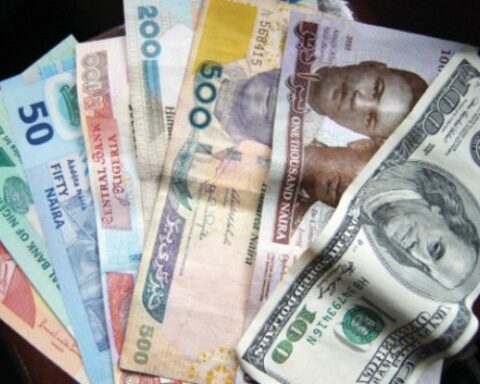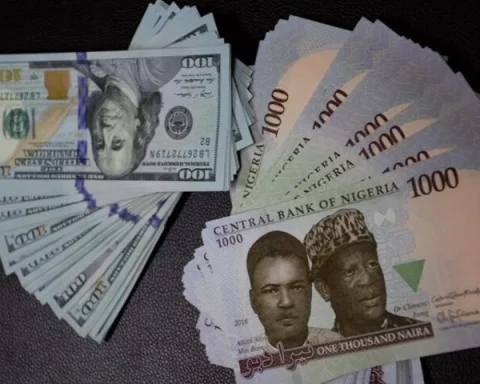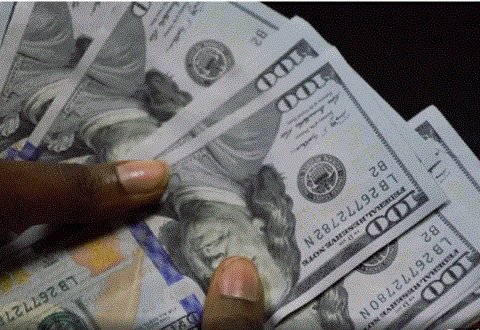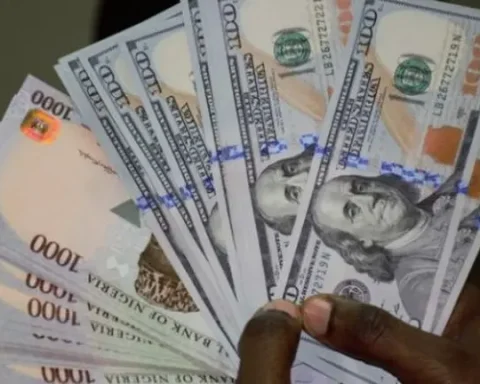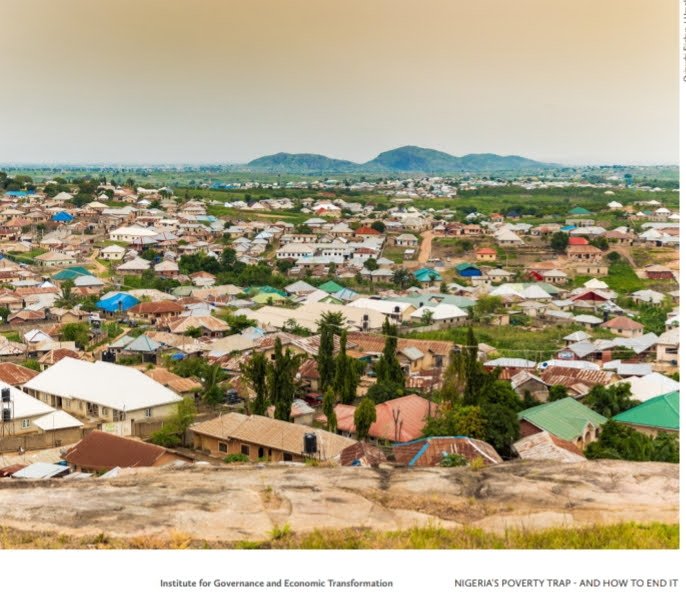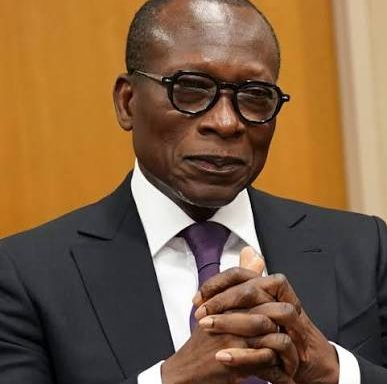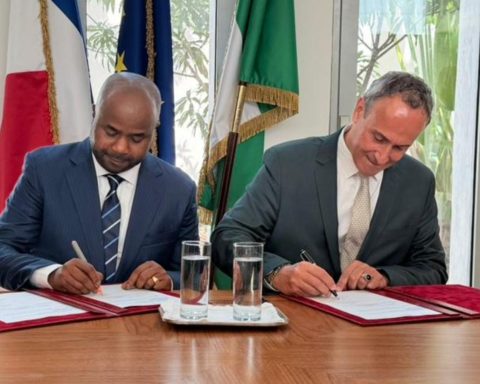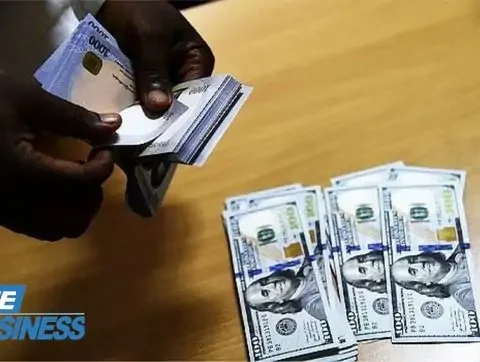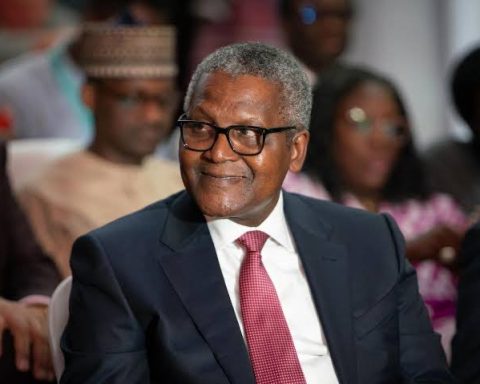The naira might not recover anytime soon against the dollar due to five factors within and beyond the control of the Central Bank of Nigeria (CBN).
In the past week, the chairman of the Economic and Financial Crimes Commission (EFCC), Abdulrasheed Bawa, had projected that the exchange rate between the naira and the dollar could crash from N890 to N200.
Join our WhatsApp ChannelBawa’s projection is that the naira will appreciate by 77.5 per cent – meaning the Nigerian currency will recover about N690 lost to the dollar’s appreciation – after the redesigned naira is released in December. This might not happen anytime soon, though.
CBN’s effort to aid naira’s recovery
The central bank had rolled out various policies to support the naira against the dollar in recent years. These efforts have had little or no impact on weakening the USD.
The efforts were:
Ban items from FX importation list: In 2015, the central bank banned 41 items from accessing forex from banks to reduce demands for dollars to import products or goods locally produced.
The CBN made the decision to support production growth and aid exportation of goods from Nigeria to other African countries and western nations. This has seen Nigeria earn as much as N7.41 trillion from export in Q2 2022, compared to the N5.44 trillion import bill of the same period.
Ban sales of forex to BDC: Prior to July 28, 2021, the central bank disbursed $20,000 weekly to 5,500 Bureau De Change operators and $5.72 billion annually, however, it stopped selling to the BDCs, accusing them of illegal forex trading, which could drive dollar rate up, and naira value down.
Clampdown on AbokiFX: In September 2021, Godwin Emefiele, the governor of the CBN, said the financial regulator will prosecute dollar rate aggregator website, AbokiFX, threatening to bring down those behind the news blog.
He described AbokiFX as currency speculators. In a central bank publication, it was stated that, “The Governor stated that reasonable grounds exist to believe that some FX monitoring websites are being used for the purpose of foreign exchange manipulation. The CBN Governor further regretted that the effects of FX rates speculation are damaging to the economy.”
Naira for dollar scheme: This policy was initiated to switch patronisers of the black market to the official forex market by offering them an incentive.
The banks had been losing some of the disapora remittances to the parallel market, so the CBN offered to pay N5 for every $1 received as a remittance inflow through the apex bank’s International Money Transfer Operators (IMTOs). This increased diaspora remittances by 1,667 percent from $6 million to $100 million weekly.
Note that despite these policies by the Emefiele-led CBN to support naira, it has depreciated by -312.3 per cent between 2015 to November 16 in the black market and -146 per cent in the official market during the same period, indicating the policies have had no positive impact on the Nigerian currency.
In the black market, the dollar rate rose from N191/$1 to N787.5/$1 during the period in review, while in the official market, the dollar rate hit N446.67/$1 from N181.5/$1.
5 reasons naira will not recover soon
Redesign of naira: The central bank of Nigeria has decided to redesign the naira, and release the new notes in December. The decision by the apex bank is geared towards recovering the naira notes in circulation or outside the banks, but it will do damage to the value of the currency.
The redesigned naira will force persons hoarding the currency to release it into the financial system. However, it will make dollar more valuable, as those with illicit local currency will dump it in exchange for the USD at a premium price.
According to the former Deputy Governor of CBN, Kingsley Moghalu, “people who are holding huge amounts of cash outside the banking system for nefarious reasons will go to the parallel forex market to buy hard currency, putting further downward pressure on the value of the Naira as too much Naira will be chasing too few dollars.”
Rising external debt: In 2015, Nigeria’s external debt was $10 billion, but as of the end of June 2022, the country’s foreign debt has climbed to $44.6 billion.
A significant increase in a nation’s debt often scares creditors or investors away from that country’s securities such as Eurobonds, and they have started snubbing Nigeria, according to the Debt Management Office (DMO).
When foreign investors avoid Nigeria’s investment securities, it reduces the chances of the country raising its external reserves, and fuels forex scarcity, which in turn raises the exchange rate due to demand overshooting supply.
So, with the external debt rising by 346 percent (representing an increase of $34.6 billion) within seven years, Nigeria might continue to struggle to attract investors, making fewer dollars available for the recovery of the naira.
Fall in oil production, oil revenue: Aside from borrowing money from creditors and investors, oil revenue is also a major source of Nigeria’s foreign exchange, but President Muhammadu Buhari has projected in his 2023 budget that Nigeria will produce less oil next year, compared to 2022.
According to him, 1.69 million barrels (inclusive of Condensates of 300,000 to 400,000 barrels per day) will be pumped out per day, below the 1.88 million barrels he forecasted for this year (Nigeria is reportedly producing below 1.60 million this year.)
It is also far from the current OPEC+ quota of 1.830 million barrels per day set for the country. As a result, Buhari projected oil revenue will be N1.92 trillion in 2023, falling short of this year’s projection of N3.16 trillion.
Foreign reserves decline: Despite Nigeria’s non-oil export rising to $2.593 billion in the first six months of 2022, surpassing the $1.59 billion reported in the first half of 2021, the country’s foreign reserves is on a downward path.
Last year, the external reserves fell to $37.17 billion as of November 15, 2022, from $40.52 billion it closed 2021 with ($45 billion in 2019). The International Monetary Fund (IMF) had also revealed that it could fall to $29.1billion by 2024.
With the reserves dropping, the CBN’s ability to defend the nation’s currency weakens, as it often intervenes by making forex available whenever the naira is experiencing a significant fall in value in order to maintain a steady exchange rate.
The CBN can use the reserves to determine the movement of the exchange rate, but in the face of continuous decline, the apex bank will be unable to prevent volatile fluctuations in naira.
Ban on BDC forex sales: Since the central bank banned forex sales to the BDC operators, naira has fallen -8.52 per cent at the official market from N411.6/$1 to N446.67/$1.
Also, the naira depreciated in the black market by -50 per cent, with the dollar rate rising from N525/$1 to N787.5/$1.
The refusal of the apex bank head to listen to the pleas of the Bureau De Change operators to resume selling forex to them has hurt both the black market and hasn’t favoured the naira either in the official market.
If the central bank resumes the $20,000 weekly forex sale to the about 5,500 Bureau De Change operators, it will cushion the scarcity that has skyrocketed the exchange rate to a new level premium in the black market.
The Summary:
Nigeria’s burgeoning foreign loans are in foreign currencies, mostly the dollar. The loans were mostly taken on adjustable rates, meaning that the interest on and for servicing existing loans fluctuates as the fund rates increase in the United States.
Fund rates in the US and the United Kingdom have been on the increase almost on monthly basis, meaning that Nigeria will have to look for more naira to service its dollar–denominated debts as the adjustable interests increase. This translates to more pressure on the naira against the dollar; hence, the challenge on its quick recovery.



